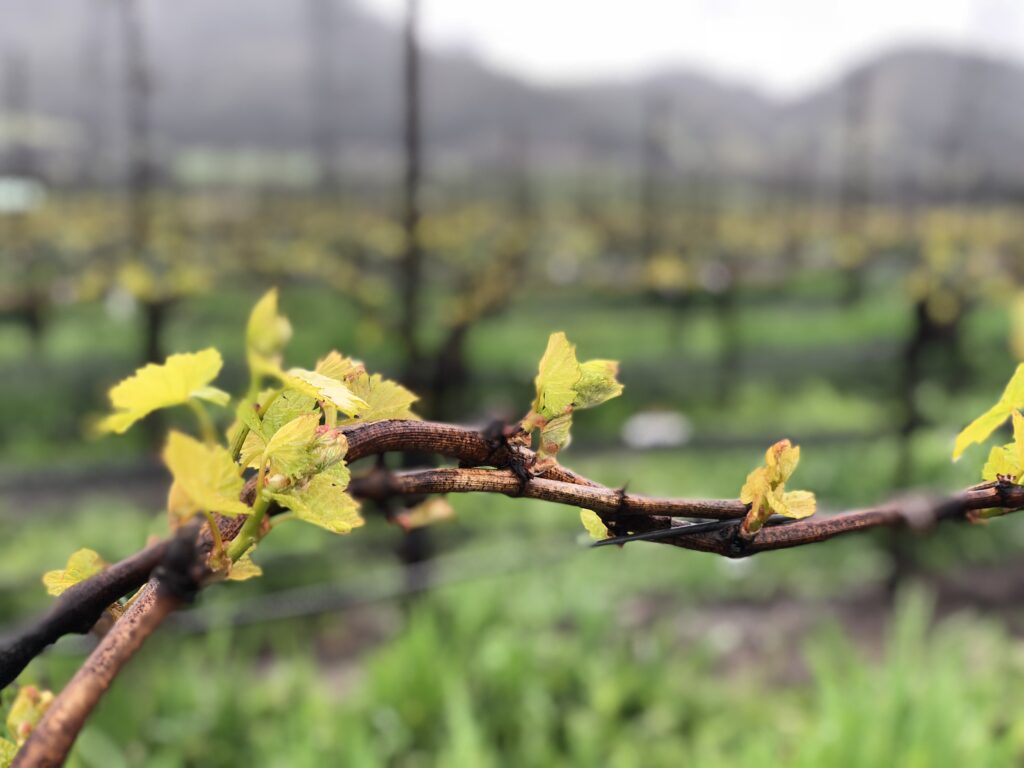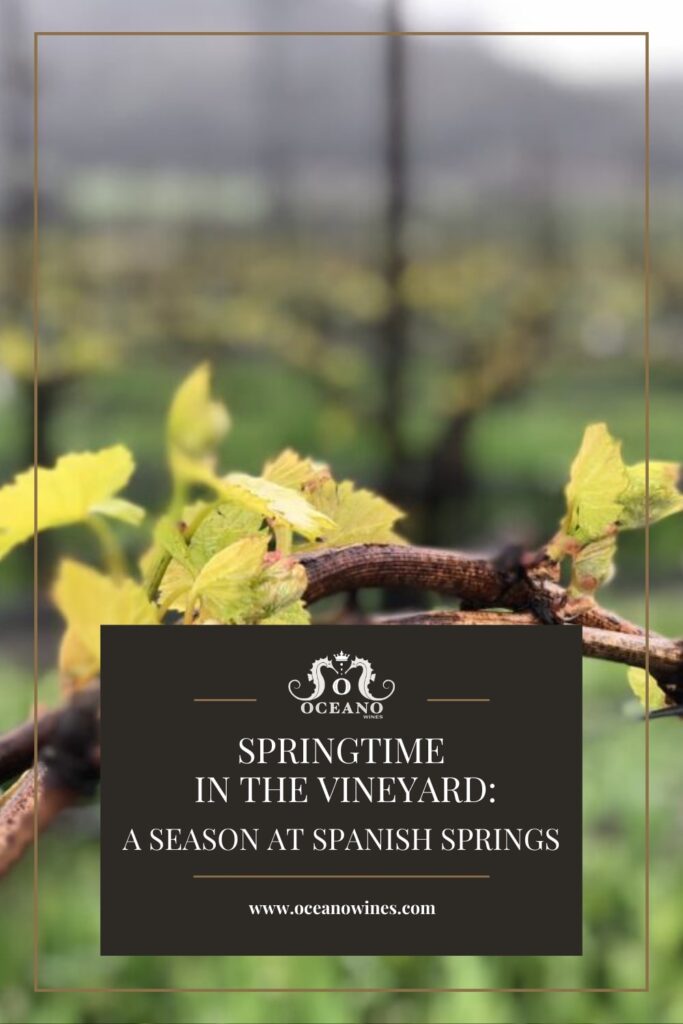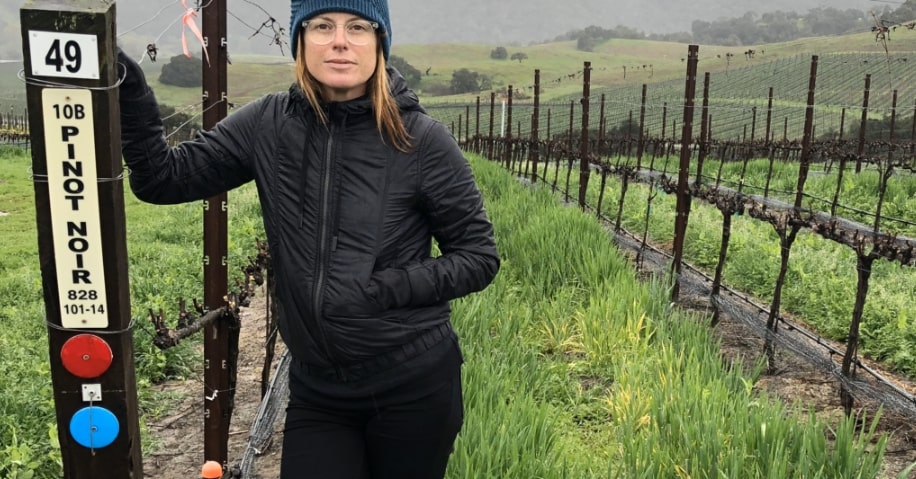Spring is in the air! In the same way that your mood and activities may change with the onset of spring and anticipation of summer, operations at a vineyard change with the new season, too! And at Spanish Springs Vineyard, many of these activities are deliberately sustainable practices which means we are producing high-quality wine while protecting the environment.
As we began to put winter behind us, here are some of the activities that have started to take place in the beautiful San Luis Obispo weather:
In April:
- Pruning: Pruning is a critical part of vineyard management, and it is especially important in April when the vines are beginning to bud. Pruning helps to control the size of the vines and to improve air circulation, which can help to prevent disease and improve the quality of the grapes. Pruning is typically started in the winter and continued in the early spring when the vines are dormant.
- Soil management: Healthy soil is essential for healthy vines and soil management is an important aspect of sustainable vineyard operations. In April, the focus is on preparing the soil for the upcoming growing season. This may involve tilling the soil, adding compost or other amendments, and controlling weeds. These practices can help improve soil fertility, drainage, and aeration. While soil management takes place all year, it is especially important in the spring, when the vines are preparing for the upcoming growing season.
- Irrigation: Irrigation is also important in April, especially in dry regions. There has been so much rain in San Luis Obispo this spring that irrigation has not been critical. However, our soils are fast-draining sandy soils, so keeping a close eye on water needs is important. At Spanish Springs, when irrigation is needed, we use drip irrigation, which delivers water from a natural aquifer directly to the roots of the plants to minimize water loss due to evaporation and runoff. This can save both water and money.

In May:
- Composting: As we approach the growing season, it’s important to provide the grape vines with the nutrients they need to grow and produce healthy grapes. At Spanish Springs, rather than fertilizing, we use green composting.
- Pest control: Pest control is another important aspect of sustainable vineyard operations. In May, the focus is on preventing pests from damaging the vines. At Spanish Springs, pests are managed by ground-cover crops, bugs, bats and birds.
- Weed control: Weed control is also important in May. The goal is to prevent weeds from competing with the vines for water and nutrients. At Spanish Springs, using goats and sheep to graze on the land reduces labor, herbicide use, and fossil fuel use. This practice also limits tractor use and its harmful compacting of the soil.
Focus on Sustainability
Springtime at Spanish Springs Vineyard brings a renewed focus on sustainable practices that nurture both the vines and the environment. As the seasons change, the vineyard comes alive with activities like pruning, soil management, and composting, which ensure the production of high-quality grapes. These efforts not only define what is a vineyard but also highlight the dedication to eco-friendly methods that make Spanish Springs stand out.

For those seeking the best non alcoholic wine, Spanish Springs offers a delightful selection that captures the essence of the vineyard’s sustainable practices. Whether you are a wine enthusiast or someone who appreciates eco-conscious efforts, Spanish Springs Vineyard offers a harmonious blend of quality and sustainability.






